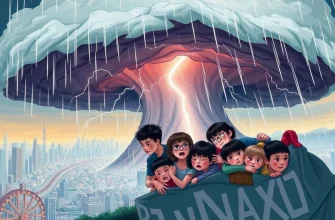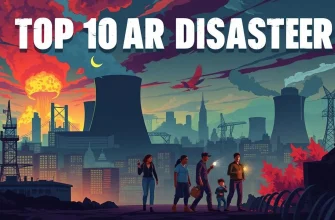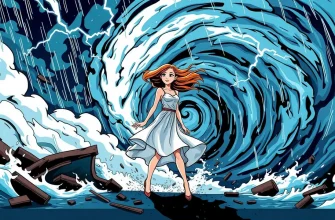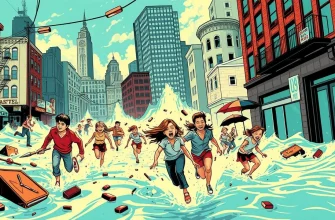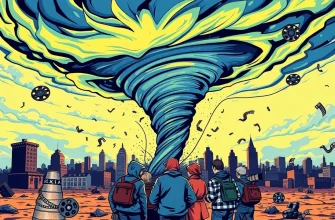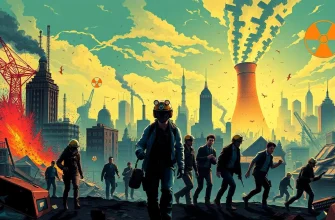This curated selection of techno-thriller films delves into the heart-pounding scenarios where technology goes awry, leading to catastrophic consequences. These films not only provide thrilling entertainment but also serve as cautionary tales about the potential dangers of unchecked technological advancement, making them both engaging and thought-provoking for audiences interested in the intersection of technology and human error.

The Andromeda Strain (1971)
Description: This film, based on Michael Crichton's novel, deals with a deadly extraterrestrial microorganism brought back to Earth, highlighting the technological and scientific response to an unforeseen biological disaster.
Fact: The film was one of the first to use computer graphics for its opening sequence, showing the path of the satellite.
 Watch Now
Watch Now
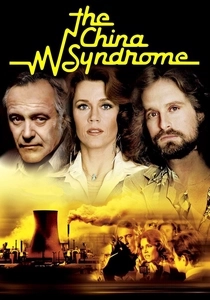
The China Syndrome (1979)
Description: This film deals with a nuclear power plant meltdown, exploring the cover-up and the potential for a catastrophic failure of nuclear technology. It's a gripping tale of corporate greed versus public safety.
Fact: The film's release was eerily timed with the Three Mile Island nuclear accident, which occurred just weeks after its premiere, enhancing its real-world relevance.
 Watch Now
Watch Now

Armageddon (1998)
Description: A team of oil drillers is sent into space to destroy an asteroid on a collision course with Earth. This film showcases the potential for human ingenuity in the face of a technological disaster.
Fact: The film's special effects were groundbreaking at the time, and it was one of the first to use extensive CGI for space scenes.
 Watch Now
Watch Now
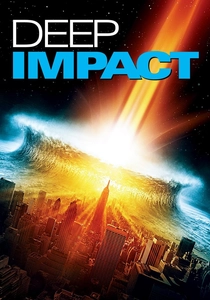
Deep Impact (1998)
Description: This film tackles the scenario of a comet on a collision course with Earth, highlighting the technological and human response to avert the disaster. It showcases the potential for both heroism and panic in the face of an impending technological catastrophe.
Fact: The film was released in the same year as "Armageddon," leading to comparisons between the two, with "Deep Impact" focusing more on the human element and scientific accuracy.
 Watch Now
Watch Now
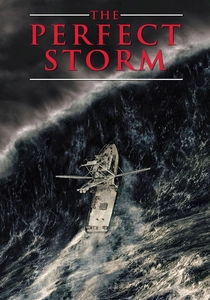
The Perfect Storm (2000)
Description: This film depicts the real-life events of the Andrea Gail, a fishing boat caught in a rare and deadly storm. It's a tale of how weather forecasting technology can sometimes fail, leading to disastrous outcomes.
Fact: The film was based on the book by Sebastian Junger, and the storm depicted was a combination of three separate weather systems, making it a "perfect storm."
 Watch Now
Watch Now
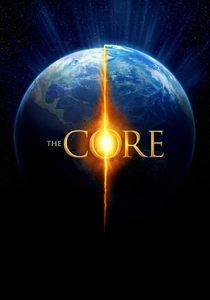
The Core (2003)
Description: When the Earth's core stops spinning, a team of scientists must drill to the center of the planet to restart it. This film is a prime example of a techno-thriller where human ingenuity is pitted against a massive technological failure.
Fact: The film's premise was inspired by real scientific theories about the Earth's magnetic field, although the solution proposed in the movie is purely fictional.
 Watch Now
Watch Now
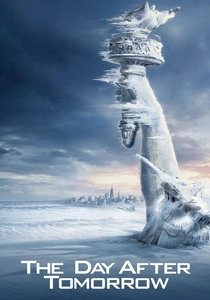
The Day After Tomorrow (2004)
Description: This film explores the aftermath of a sudden global weather shift, where a series of extreme weather events, triggered by global warming, lead to a new ice age. It's a classic example of how human-induced climate change can spiral into a technological and environmental disaster.
Fact: The film was one of the first to use real-time weather simulation software for its special effects, and it was also the first film to be released on video while it was still being shown in theaters.
 Watch Now
Watch Now
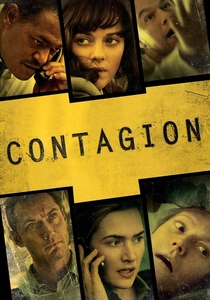
Contagion (2011)
Description: While primarily a medical thriller, "Contagion" explores the technological and societal breakdown during a global viral outbreak, showcasing how technology can both aid and fail in managing a crisis.
Fact: The film's plot was eerily prescient of the real-world events of the 2020 global health crisis, leading to a resurgence in its popularity.
 Watch Now
Watch Now
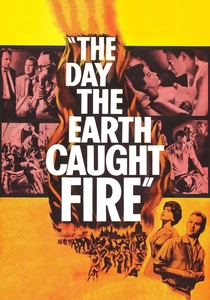
The Day the Earth Caught Fire (1961)
Description: This classic British film imagines the Earth's axis being knocked off by simultaneous nuclear tests, leading to catastrophic climate changes. It's a chilling reminder of the potential for human technology to cause global disaster.
Fact: The film was one of the first to explore the concept of climate change due to human activity, long before it became a mainstream concern.
 30 Days Free
30 Days Free

The Day After (1983)
Description: This made-for-TV movie depicts the aftermath of a nuclear war in the United States, focusing on the technological and societal collapse following such a catastrophic event.
Fact: The film was so impactful that it led to a significant public debate about nuclear war and was shown in schools to educate students about the dangers of nuclear conflict.
 30 Days Free
30 Days Free


